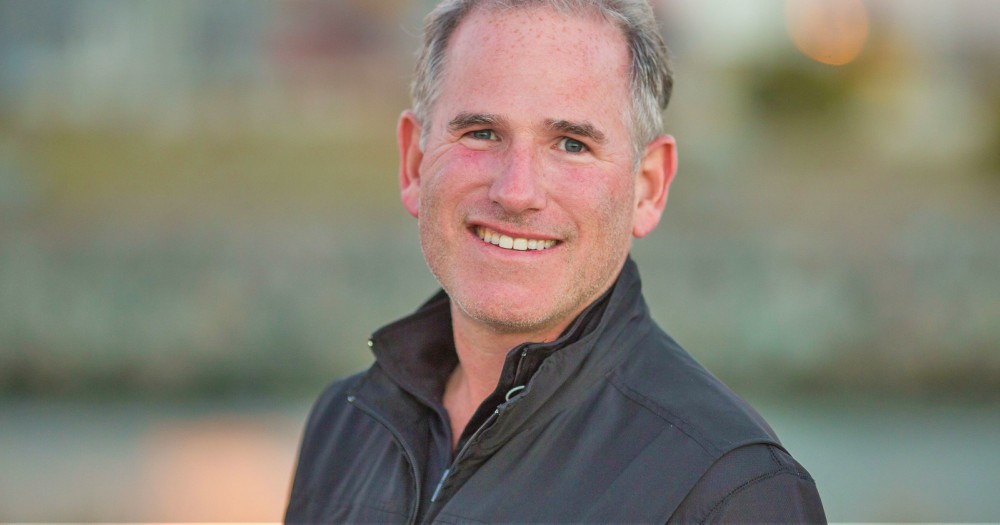
The power of the Manti Te’o and Lance Armstrong stories
Manti Te’o and Lance Armstrong have had better months. After manufacturing stories that captured the hearts of the country, the world demanded the very thing that Ricky Ricardo exclaimed to Lucy on countless occasions, “You got some splainin’ to do.”
Because I provide messaging consultation and media training to a number of high profile athletes, I’ve been quizzed incessantly about how well each athlete performed. The truth is, though, the critical lessons people should glean from these events have nothing to do with crisis management. Very few of us will ever be forced to explain to an audience of 28 million people why they lied about taking drugs, or how the love of their life does not actually exist.
This whole mess is really about the power that story has on our lives. We are all beholden to it. Both Lance and Manti received exponential increases in fame, financial potential, and groupie count because of it. A great story engages our emotions, remains in our memory, and moves us to action.
And yet, most people don’t know how to share their own story. Over and over, I offer people the chance to “tell me about your job… your company… your passions… your story.” Over and over, people stumble over the facts and fail to leave an impression.
An opportunity missed.
Avoiding missed opportunities in your professional life
Stories affirm who we are. They allow us to experience the similarities between ourselves and others- real and imagined. As human beings, we are hardwired to see life through story. Our brains create causal relationships between events to help make sense of the world.
Culturally, we are coming out of a period of thought based largely on Enlightenment. Modernity taught us that humans make rational decisions on the basis of objective evidence. The work of Nobel Prize winner Daniel Kahneman, among many others, reveals that our judgments, memory, buying patterns, and life decisions are typically governed by a system of our brain that, while highly efficient, is not objective or rational.
What this means is that all of us are creating stories about people and products, or we are forgetting them altogether. So, if you want people to remember you – give them the story.
Here are a few stories you should have in your back pocket:
There are a handful of stories you should have already prepared in your mind so that when someone asks you to tell them about yourself, you don’t stumble, and you don’t miss an important opportunity to make a great impression.
- The story of your personal life – your journey
- The story of your career path
- The story of your company
The good news about having a story
The best part about stories is that they have a hero.
Rebounding from the brink of death to conquer the most grueling race in the world – seven times in a row.
An iconic but flailing program returns to its former glory carried on the back of one legendary but tragic hero; the best player on the field, off the field he’s reeling from the loss of the love of his life (and his grandmother!).
Those are heroes.
We constantly miss opportunities to tell our stories
On the other end of the spectrum, how many of us are determined to find the most boring and insignificant explanation of our lives? “I sit on excel all day.” “I do marketing.” “We make software.” zzzzzzzz
When people ask you about job, family, hobbies, you have an opportunity to be memorable, to be heroic. If you think your life is boring, others will also. It’s all about how you represent yourself. This might take work, but it’s worth your time to think through it.
Re-frame your job and your life as if it was part of a Oscar winning movie. Be excited about it. If you hate your job – even better. Great stories include challenge and overcoming. People can help your story come to resolution (if you are a great hero that they root for!).
An exercise in personal story creation yields dividends in every life sphere. It actually shifts self and audience perception. Sharing the best version of your story breeds confidence and optimism- which creates influence.
Stories create anticipation
The classic author EM Forster says it like this, “A story can only have one merit, that of making an audience want to know what happens next. It can only have one fall, that which does not make the audience want to know what happens next.”
William Archer once said that “Drama is anticipation mingled with uncertainty.” When you tell your story, have you constructed anticipation? Have you made us want to know what will happen next? Did you create doubt that it might not work out? Have you made me want to know how it will conclude?
Curt Steinhorst loves attention. More specifically, he loves understanding attention. How it works. Why it matters. How to get it. As someone who personally deals with ADD, he overcame the unique distractions that today’s technology creates to start a Communications Consultancy, The Promentum Group, and Speakers Bureau, Promentum Speakers, both of which he runs today. Curt’s expertise and communication style has led to more than 75 speaking engagements in the last year to organizations such as GM, Raytheon, Naval Academy, Cadillac, and World Presidents’ Organization.







































